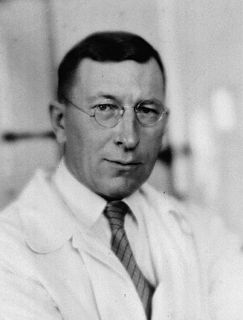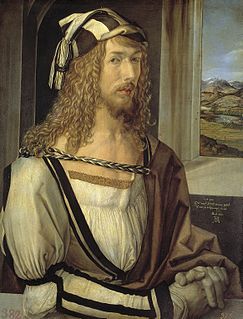A Quote by Frederick Banting
Mr. Best has expressed the desire to work with me, and I should be more than pleased to have him. His work has been excellent, and he is absolutely honest, careful, and impartial and has taken a great interest in the work.
Related Quotes
Have I then no work to work in this great matter of my pardon? None. What work canst thou work? What work of thine can buy forgiveness or make thee fit for the Divine favour? What work has God bidden thee work in order to obtain salvation? None. His Word is very plain and easy to be understood, "To him that worketh not, but believeth in Him that justifieth the ungodly, his faith is counted for righteousness" (Rom. 4:5). There is but one work by which a man can be saved. That work is not thine, but the work of the Son of God. That work is finished.
An artist of understanding and experience can show more of his great power and art in small things roughly and rudely done, than many another in a great work. A man may often draw something with his pen on a half sheet of paper in one day . . . . and it shall be fuller of art and better than another's great work whereon he hath spent a whole year's careful labor.
The great news is that God knows everything about you, both good and bad, and He still loves you and values you unconditionally. God does not always approve of our behavior. He is not pleased when we go against his will, and when we do, we always suffer the consequences and have to work with Him to correct our thoughts, words, actions, or attitudes. And while you should work to improve in the areas where you fall short, nothing you do will ever cause God to love you less…or more. His love is a constant you can depend on.
There is no truer and more abiding happiness than the knowledge that one is free to go on doing, day by day, the best work one can do, ... , and that this work is absorbed by a steady market and thus supports one's own life ... Perfect freedom is reserved for the man who lives by his own work and in that work does what he wants to do.
It always did bother me that the American public were more interested in me than in my work. And after all there is no sense in it because if it were not for my work they would not be interested in me so why should they not be more interested in my work than in me. That is one of the things one has to worry about in America.
I've always been intrigued with the male characters in novels like 'Pride and Prejudice' such as Mr. Darcy, and this poem is part of a series of poems that explore desire and obsessions. The poems have been sitting in a drawer for a few years, so I decided to dust them off and work on them again since I have not written a new poem in more than three years. I'm not sure anything will become of the series, but at least it gives me something to work on in a period where I feel very uncreative.
From time to time I have wished to do more work in philosophy of religion, but the demands and challenges have been such that it needed more work than I had time for. I sneaked a chapter into my book on loyalty that touched on some issues in the area. Maybe in the future I will try responding to Philip Kitcher's excellent critique: Life After Faith: The Case for Secular Humanism - it gets closer to me than much of what is produced in the field.
What is the best advice, business or otherwise, you've had and from whom?
The best advice I've received came many years ago from my father. He told me that you should love whatever work you do, you should try to find something you truly enjoy. And I've been lucky through the years that the work I've been involved with has been challenging and for the most part, fun.
Mr. Russell is a great believer in versatility in all creative work. In any physical work he believes one can work many hours at a time, but in mental, creative work he believes one can do his best only for two hours at a time on any one subject, but he can work another two hours on another subject with equal freshness. He therefore sometimes works two hours a day on each of five different creations, and in that way can live five lives at a time.





































